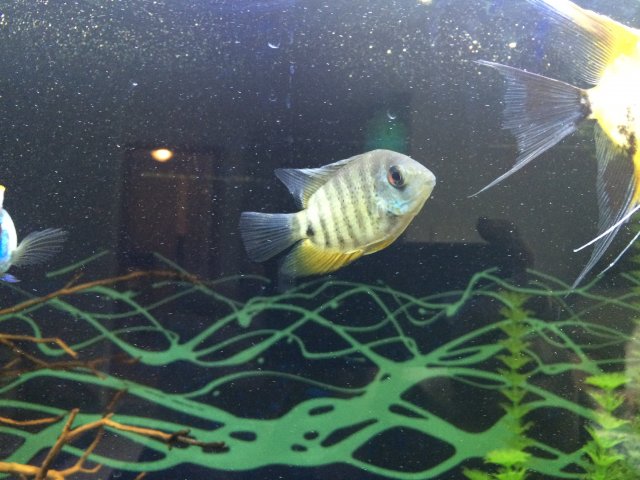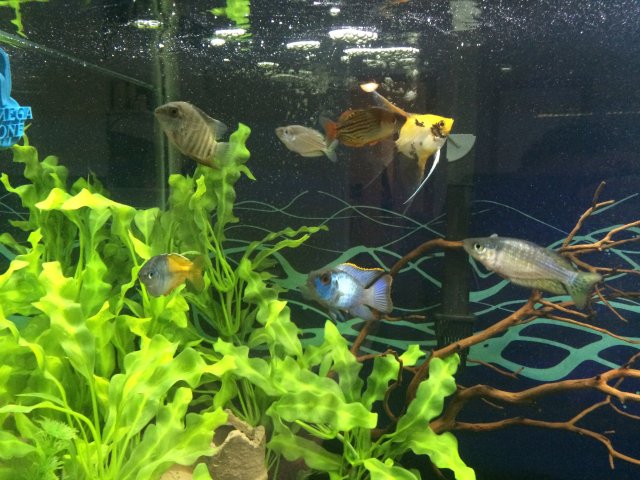While my theory in anecdotal, we do know that certain bacteria flourish in certain environmental conditions, and that the tannins in "blackwater" inhibit certain bacteria.
From my own experience, while working as a microbiologist, part of my job was to grow cultures of "filter media " bacteria in the lab. I tried to grow some of those cultures in DI water (water devoid of minerals) to eliminate contaminants, and others in de-chlorinated tap water (the hard water where I worked). The cultures using tap water tended to grow about 80%-90% more bacteria. Though not a scientifically controlled experiment, because after a few tries in DI, I gave up trying and stuck to tap to get my job done.
This lead to my theory, and personal opinion about the chronic effects of hard water on soft water species. Where I lived LFSs were always getting dropped of scarred oscars (and other Amazonian species), and while I would agree that high nitrates from paltry water change regimes would also rank high on the list for causes of chronic conditions, even aquarists with heavy water change regimes were seeing the HITH prevalence in old soft water species in my area.
I would also relate that when I tried soft water Geophines in my water, my success was negligible, but if I worked with those west of the Andes, or southern South America where waters are naturally more mineral enriched, my success rates soared in comparison.
This theory would be a great challenge for some grad student/aquarist to prove or disprove. Now that I'm retired, I don't have the means to pull it off.






